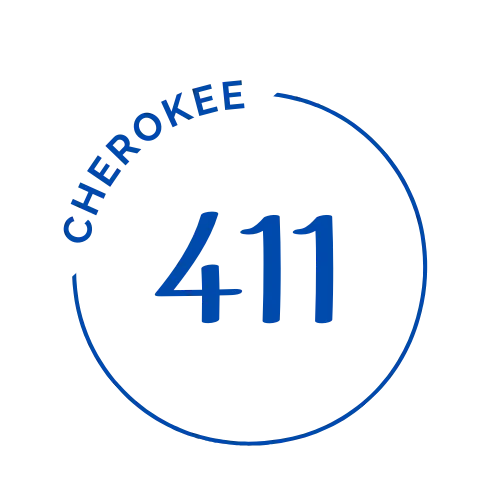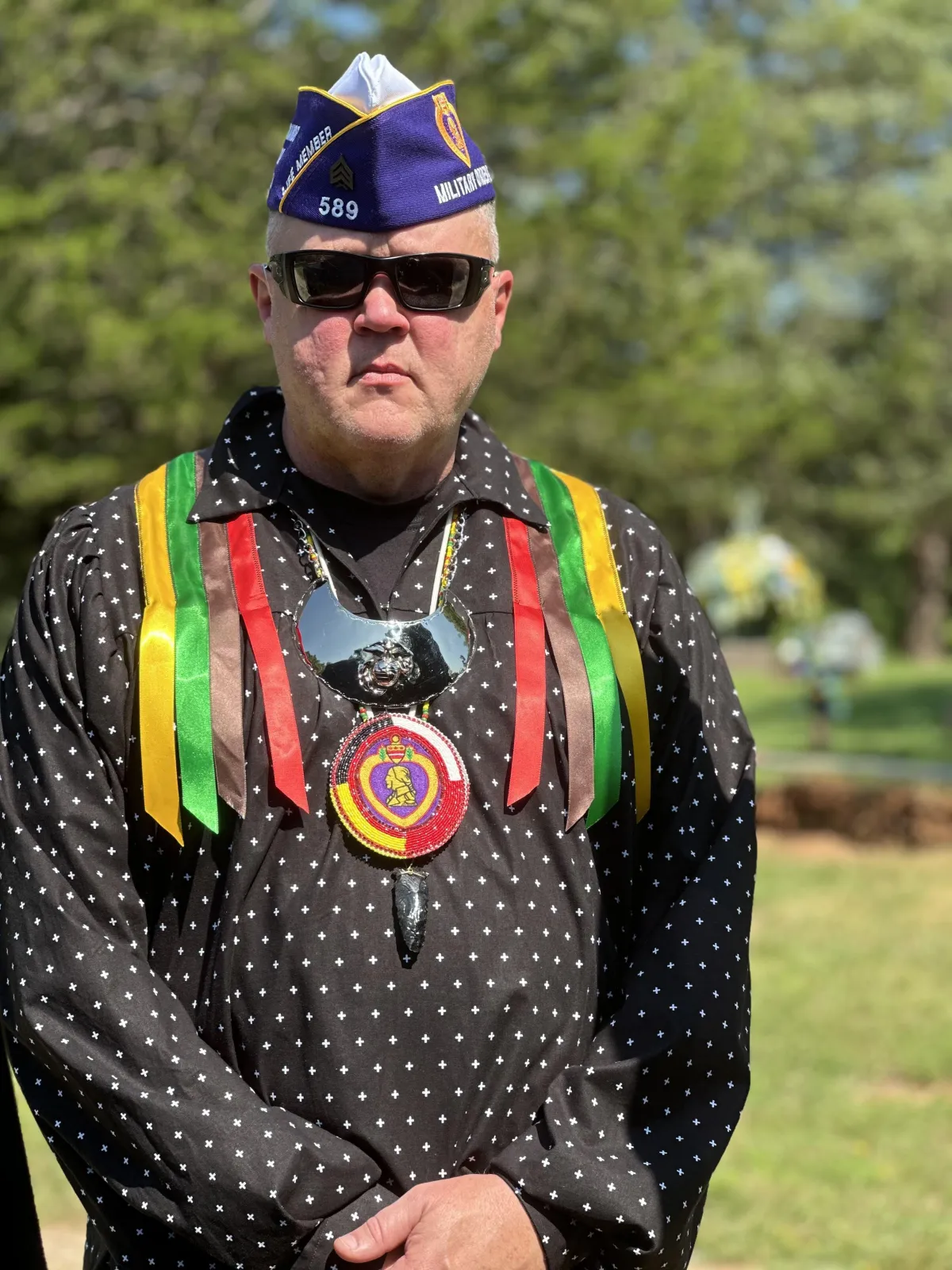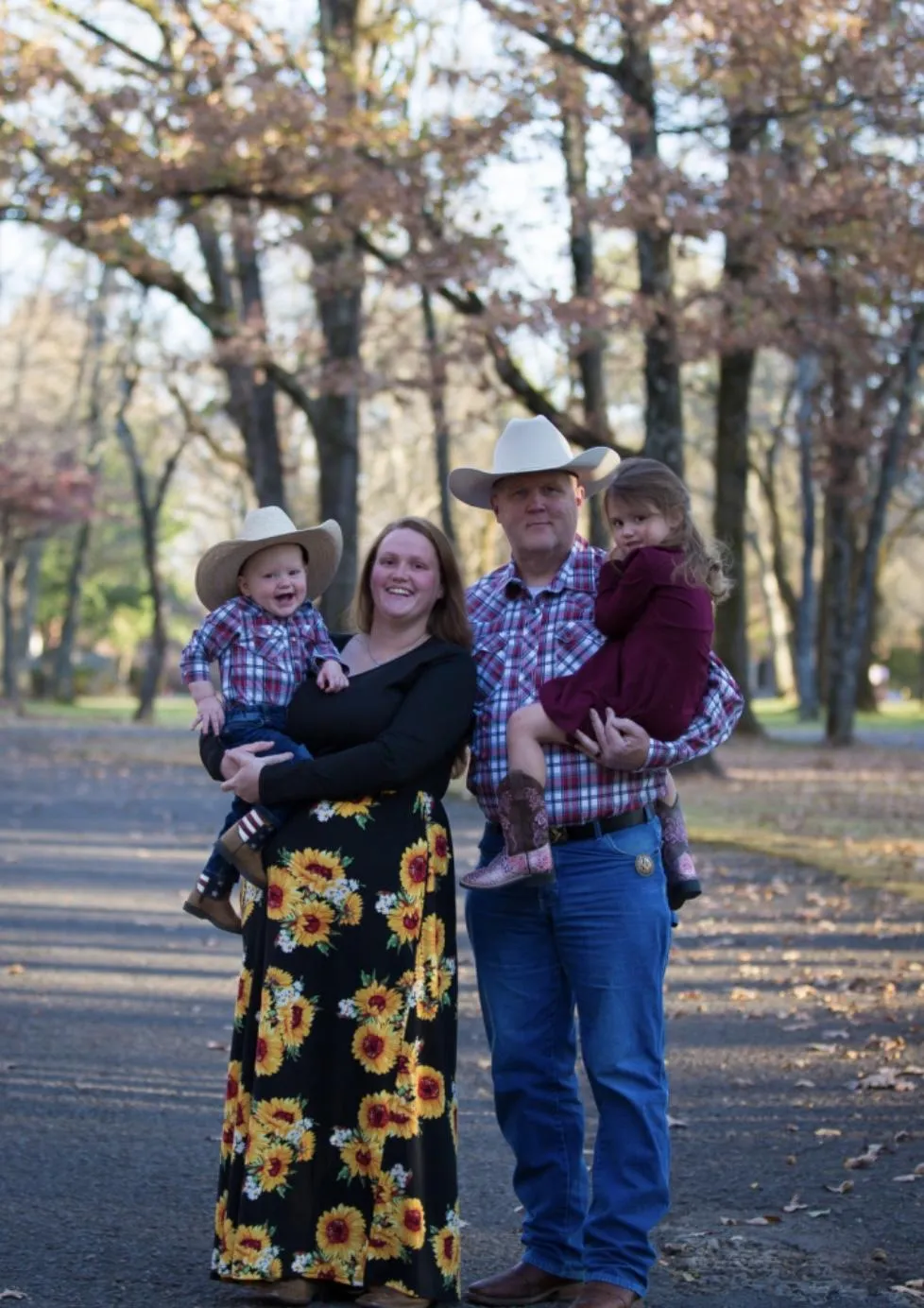
Independent Media: Real, Relevant, and Unfiltered
Cherokee Nation Candidates 2025

Frank Whitlock
District 5 Candidate
Cherokee Nation Tribal Council
1. What or who inspired you to run for office?
What inspired me was simple: our people deserve better. I’ve watched for too long as transparency faded and priorities got out of line. I see the gaps—whether it’s in our language preservation, housing, or basic accountability. If you care about your Nation, at some point you have to step up. I’m not a politician. I’m a servant. And I’m running because it’s time we had representatives who aren’t afraid to say what needs to be said and do what needs to be done.
2. What do you see as the biggest challenges facing your district right now?
The biggest issue is that too many communities in my district feel forgotten. They’re not getting the resources or the answers they deserve. And let’s be honest—that comes down to leadership. If people don’t know where to turn or feel ignored by those in office, that’s a problem I plan to fix.
3. What are the biggest challenges facing the Cherokee Nation right now?
Housing, healthcare, and support for small businesses—those are the fires we need to put out. People are waiting years for homes or basic repairs. Our clinics are understaffed and underfunded, and citizens are being billed for services that should be covered. Meanwhile, small business owners are left to sink or swim without a life raft. That’s not acceptable. These aren’t just policy failures—they’re people failures.
4. What solutions do you want implemented to address the challenges facing your district and the Cherokee Nation?
We need housing solutions that are fast, fair, and focused on our elders, veterans, and working families. Pay our healthcare workers what they’re worth so we can keep doctors in our clinics. Build local clinics so folks don’t have to drive an hour for basic care. And it’s time to actually invest in Cherokee-owned small businesses—because when our citizens succeed, our Nation thrives.
5. Can you work with others who do not share your views to help remedy the needs of your district and the Cherokee Nation? Please provide examples of past experiences where you worked with others who disagreed with you then or in the past and created a positive outcome.
Absolutely. In the Marine Corps, I had to follow orders from people I didn’t always agree with—and lead others through situations where compromise meant survival. I’ve learned how to work with anyone who’s willing to put their ego aside for the good of the mission. I’ll bring that same attitude to the Council. I’ll listen, I’ll collaborate, and I’ll make sure every voice in my district is heard—whether we agree or not.
6. What experiences do you feel you bring to the table that make you qualified for the Cherokee Nation Tribal Council?
The Marine Corps taught me to lead with discipline, to never back down when things get tough, and to always put the team first. I bring those same values to the table here. I know how to solve problems under pressure, how to make hard calls, and how to serve with humility. I’ve lived my life standing up for others—not just in uniform, but in everyday life. The Cherokee people deserve a leader who shows up, stays late, and tells the truth. That’s who I am.
7. Why do you think voters should trust you?
Because I’ve put my life on the line for others before—and I’ll do it again for our Nation. I’ve taken oaths that meant something, and I’ve honored them. I don’t say things to get applause; I say what’s right, even when it’s hard. I’m not here for power—I’m here to serve. You’ll always know where I stand, and you’ll never have to wonder who I work for. It’s the people, every time.
8. How will you balance the legislative and executive branches of the Cherokee Nation?
By respecting the lines but never being afraid to ask tough questions. The Council is the people’s voice—we write the laws, provide oversight, and hold leadership accountable. That means working with the executive branch when it serves the people, and pushing back when it doesn’t. I’ve seen what happens when systems break down. I won’t let that happen here.
9. What does balance between the branches of the Cherokee Nation government mean to you?
It means every branch doing its job—no more, no less. The Council listens, leads, and oversees. The executive carries out the mission. When both sides stick to their role and communicate clearly, that’s balance. It’s about working together, not power plays. I’ve seen real-life chain of command work under fire. I know the difference between order and overreach.
10. Please provide examples of how you would want to improve transparency in the Cherokee Nation government.
First, regular town halls—in person and online—so people know what’s happening. Second, post all meetings, votes, and financials in a place that’s easy to find and easy to understand. If a citizen has to dig for the truth, something’s wrong. We’re a sovereign Nation, not a secret society. I’ll make sure the doors stay open and the lights stay on.
11. Please provide examples of how you would want transparency improved in the Cherokee Nation Businesses.
CNB does a lot of good, but it needs to be clearer and more accountable. I want public, detailed financial reports every quarter. I want job postings and contracts to be visible and fair—especially for Cherokee citizens and businesses. CNB is built by and for the Cherokee people. Let’s make sure it operates like it.
12. Do you think the Cherokee Nation is providing adequate health care for its citizens? Please provide examples.
We’ve made progress, but access gaps still exist, especially for At-Large and rural citizens. Wait times, provider shortages, and distance from care centers remain major issues. I’d support mobile health clinics, expanding telehealth, and increasing funding for satellite partnerships. Citizens shouldn’t have to choose between identity and proximity to care. We need a healthcare system that reaches every Cherokee, no matter their zip code.
Frank Whitlock
Candidate Cherokee Nation Council,
District 5
918-401-0045
Facebook page is: Frank Whitlock Sr


